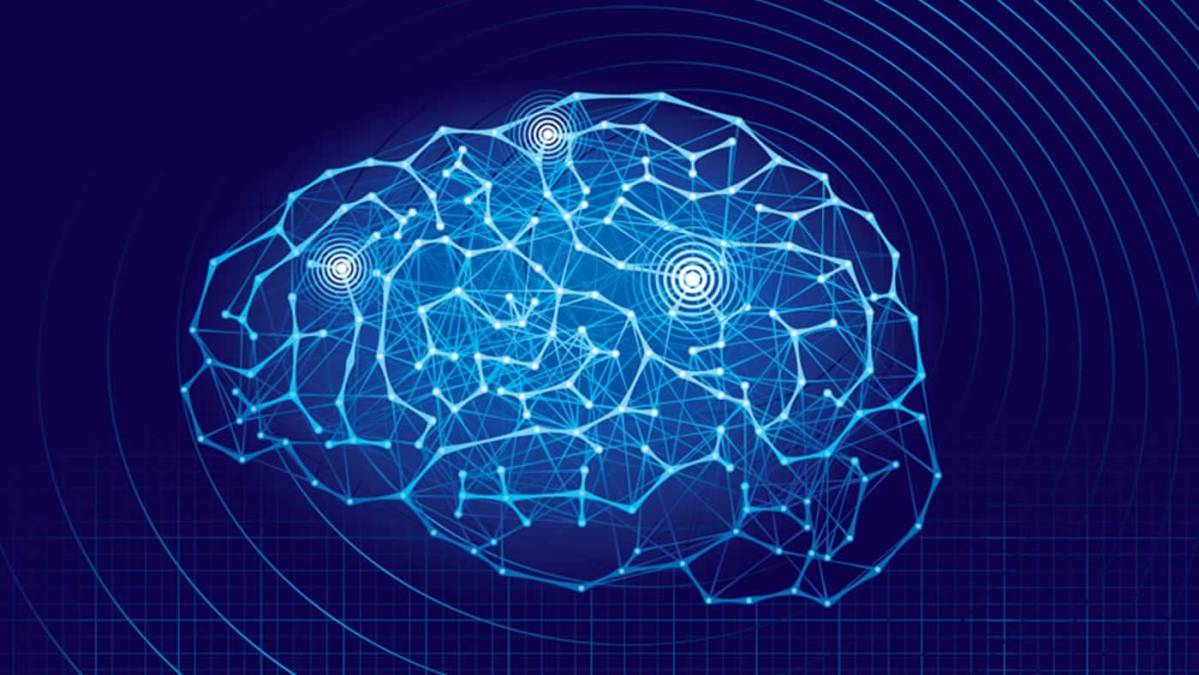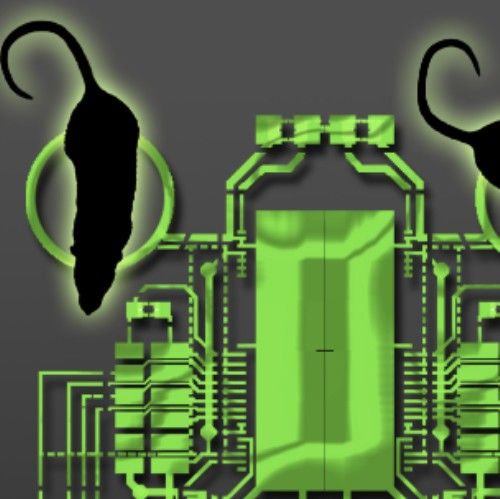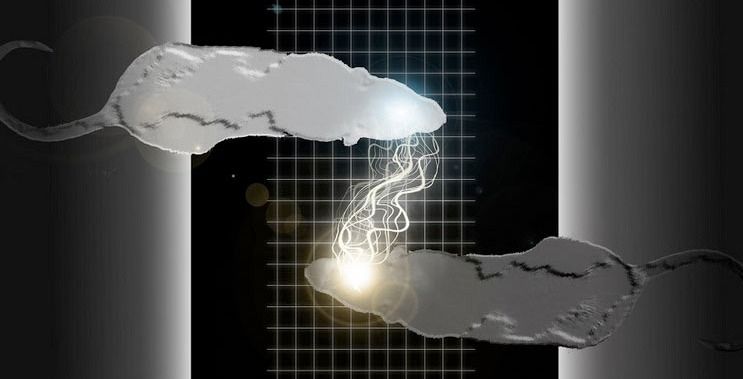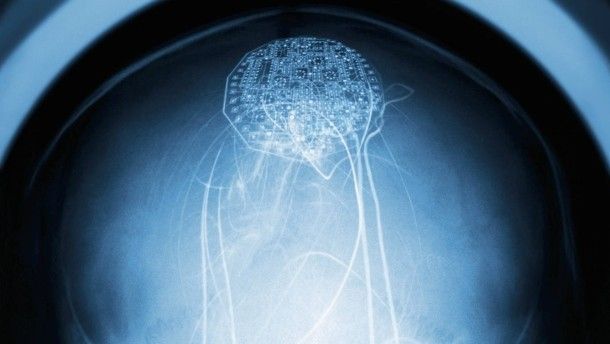Jul 23, 2015
2015 IEEE International Geoscience and Remote Sensing Symposium | July 26–31, 2015 | Milan, Italy
Posted by Odette Bohr Dienel in categories: big data, complex systems, computing, food, information science, machine learning, mapping, space, surveillance, sustainability
Hosted by the IEEE Geoscience and Remote Sensing Society, the International Geoscience and Remote Sensing Symposium 2015 (IGARSS 2015) will be held from Sunday July 26th through Friday July 31th, 2015 at the Convention Center in Milan, Italy. This is the same town of the EXPO 2015 exhibition, whose topic is “Feeding the planet: energy for life”.


















